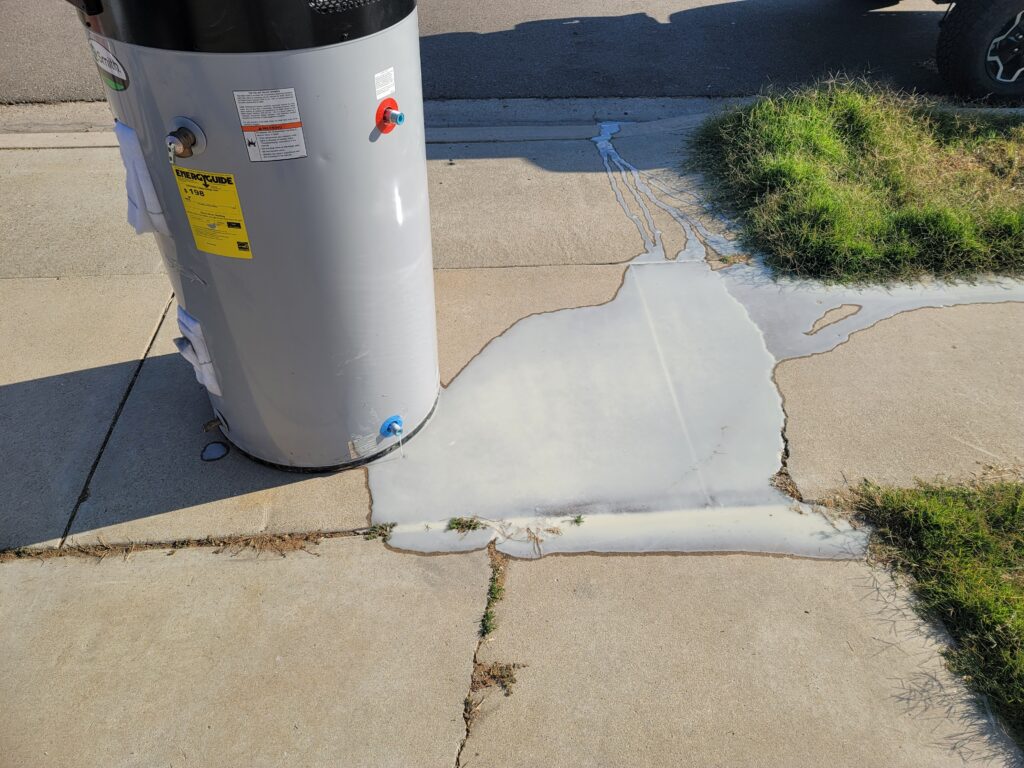
Addressing Water Hardness in Southern California: Understanding the Issue and Exploring Solutions
Water hardness is a common concern for residents across Southern California, where naturally occurring minerals such as calcium and magnesium can lead to limescale buildup, soap scum, and other issues. Understanding the causes and implications of water hardness, as well as exploring effective solutions, is essential for maintaining water quality and household comfort in the region.
Understanding Water Hardness:
Water hardness refers to the concentration of dissolved minerals, primarily calcium and magnesium ions, in the water supply. These minerals are naturally present in groundwater sources across Southern California, where they can leach into the water as it percolates through the earth’s crust.
The degree of water hardness is typically measured in grains per gallon (gpg) or parts per million (ppm), with levels ranging from soft (less than 1 gpg or ppm) to very hard (over 10.5 gpg or ppm). In Southern California, water hardness levels often fall within the moderately hard to very hard range, posing challenges for homeowners and businesses alike.
Implications of Water Hardness:
While hard water is generally safe to drink and use for household purposes, it can lead to a range of issues that affect water quality and household appliances:
- Limescale Buildup: Hard water can cause mineral deposits, known as limescale, to accumulate on plumbing fixtures, faucets, and showerheads. This buildup can restrict water flow, reduce appliance efficiency, and require frequent cleaning and maintenance.
- Soap Scum: Hard water reacts with soap to form insoluble compounds, resulting in soap scum residue on dishes, glassware, and bathroom surfaces. This can make cleaning more difficult and leave surfaces looking dull or cloudy.
- Appliance Damage: The accumulation of limescale in water-using appliances such as dishwashers, washing machines, and water heaters can reduce their efficiency and lifespan. In extreme cases, limescale buildup may lead to appliance malfunctions and costly repairs or replacements.
- Skin and Hair Irritation: Hard water can leave a residue on the skin and hair, leading to dryness, itching, and irritation. Additionally, the formation of soap scum can interfere with the effectiveness of personal care products, such as shampoo and body wash.
Solutions for Water Hardness:
Fortunately, several solutions are available to address water hardness and mitigate its effects on household water quality and infrastructure:
- Water Softeners: Water softening systems are designed to remove calcium and magnesium ions from the water through a process called ion exchange. These systems typically consist of a tank filled with resin beads that attract and trap hardness minerals, allowing softened water to flow through the plumbing system. Water softeners require periodic regeneration using salt or potassium chloride to recharge the resin beads. Check CA Assembly Bill 1366 to see if they are allowed in your area.
- Reverse Osmosis (RO) Systems: RO systems use a semipermeable membrane to remove dissolved minerals, as well as other contaminants, from the water. These systems are effective at producing high-quality drinking water with reduced hardness levels. However, they may be less practical for whole-house applications due to lower water flow rates and higher installation and maintenance costs.
- Scale Prevention Devices: Scale prevention devices, such as electronic descalers or template-assisted crystallization (TAC) systems, work by altering the chemical structure of hardness minerals to prevent them from forming limescale deposits. These devices are often installed on incoming water lines and require minimal maintenance compared to traditional water softeners.
- Citric Acid or Vinegar Rinse: Periodic cleaning with citric acid or vinegar can help dissolve and remove limescale buildup on plumbing fixtures, appliances, and showerheads. Simply soak affected surfaces in a solution of citric acid or vinegar, then scrub gently with a brush or sponge before rinsing thoroughly with water.
- Water Filtration Systems: Whole-house or point-of-use water filtration systems, such as activated carbon filters or sediment filters, can help improve water quality by reducing impurities, including sediment, chlorine, and certain minerals. While not specifically designed to address water hardness, these systems may provide some degree of scale reduction and overall water quality improvement.
Choosing the Right Solution:
When selecting a solution for water hardness, homeowners should consider factors such as water hardness levels, household water usage, budget constraints, and personal preferences. Consulting with a qualified water treatment professional can provide valuable guidance and recommendations based on individual needs and circumstances.
By addressing water hardness effectively, residents of Southern California can enjoy improved water quality, reduced maintenance requirements, and extended lifespan for household appliances and plumbing infrastructure. Whether through water softening, filtration, or alternative treatment methods, finding the right solution can make a significant difference in enhancing overall comfort and convenience in the home.



